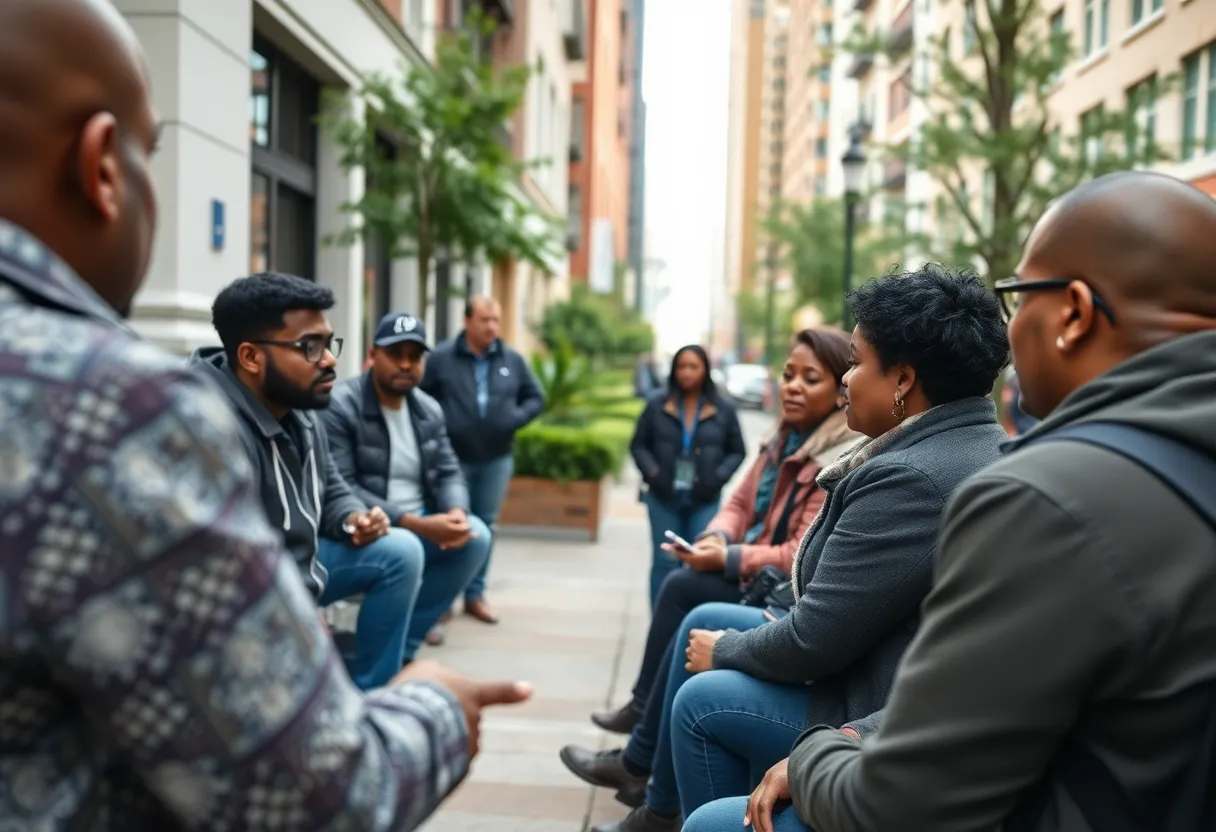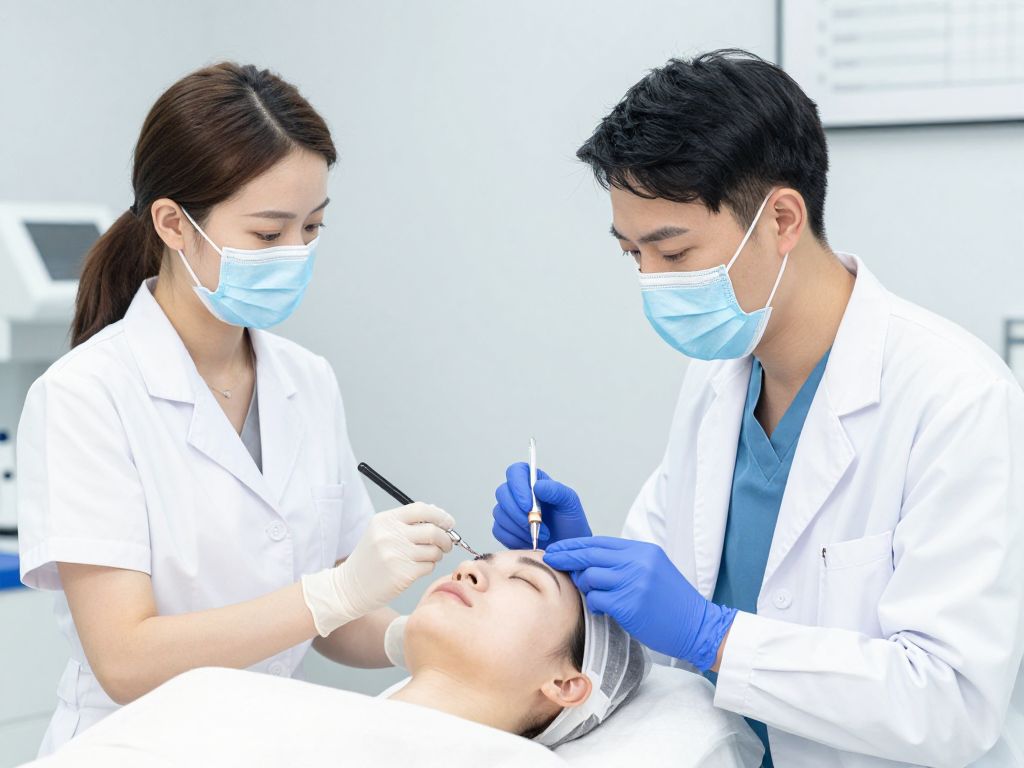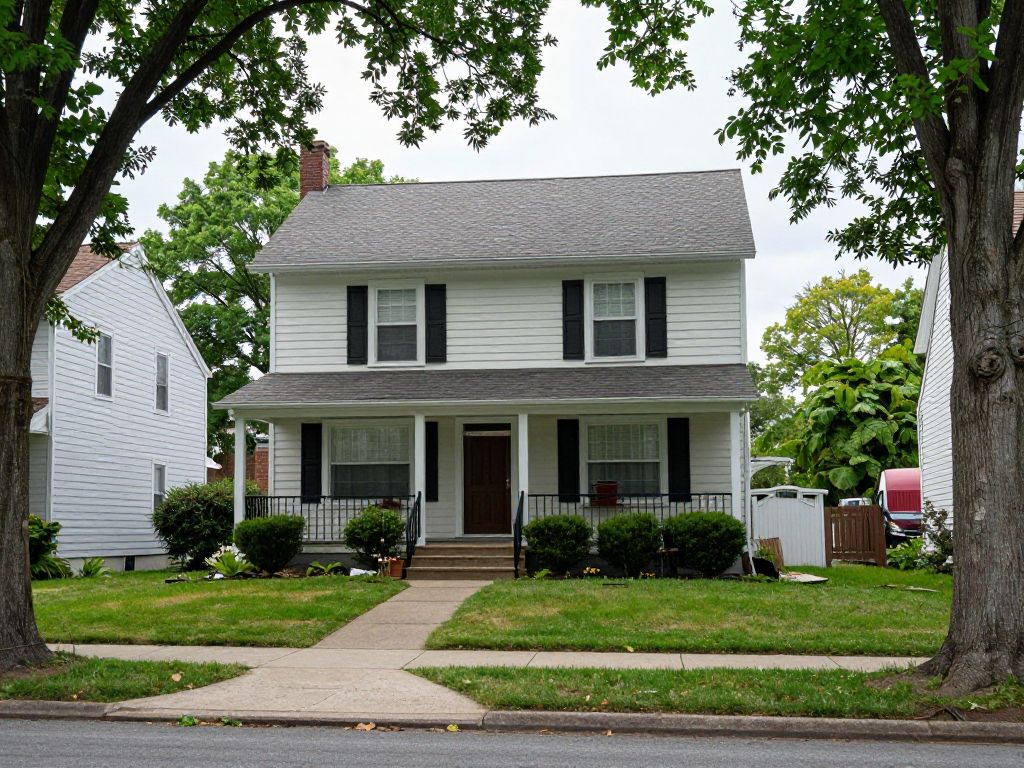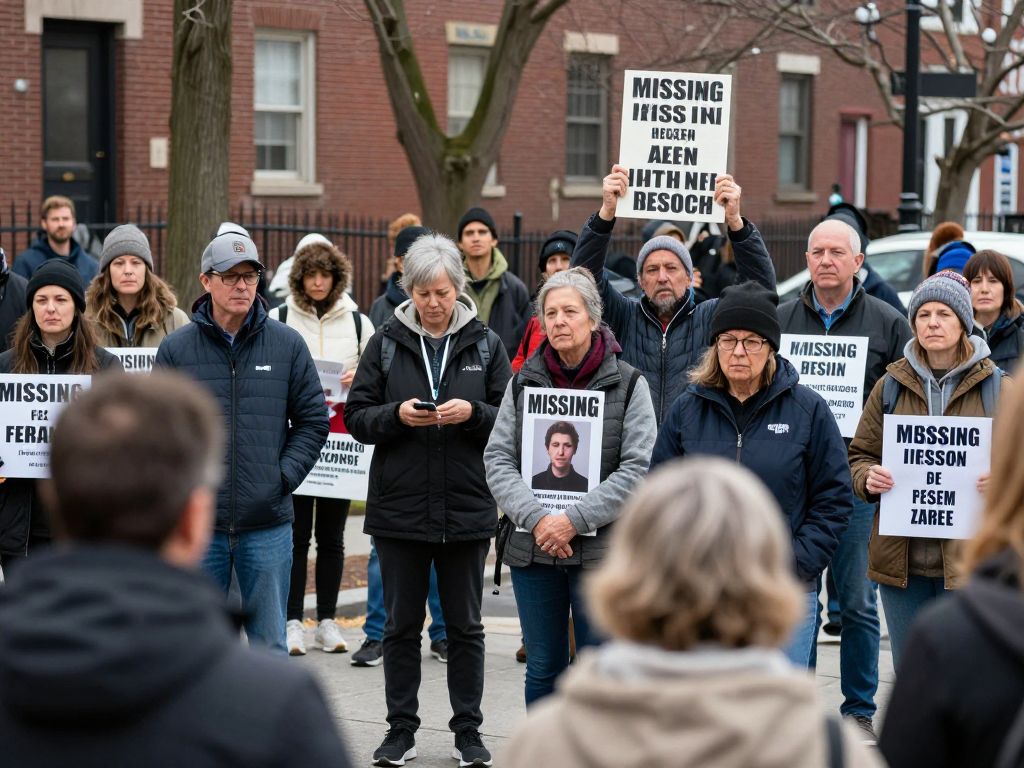News Summary
Residents in Boston’s Mass and Cass area are increasingly frustrated by a resurgence of drug activity, transforming it into what they describe as an ‘open-air drug market.’ Despite previous cleanup efforts, drug dealing persists, raising public safety concerns. Local residents have reported inadequate police responses to ongoing drug-related issues. The Boston Police Department acknowledges the problem but emphasizes the need for broader collaboration with social services and public health agencies. Mayor Michelle Wu has introduced a multifaceted strategy to address these intertwined issues of drug use, homelessness, and crime.
Boston – Residents in the Mass and Cass area of Boston are expressing growing frustration over an apparent resurgence in drug activity, claiming that the area has transformed into an “open-air drug market.” This report comes two years post-cleanup initiatives aimed at reducing illicit drug use and enhancing public safety. The area has become a focal point for ongoing conversations about crime, homelessness, and public health.
Local resident Brian McCarter has been vocal about the persistent drug dealing at specific locations, such as 874 Harrison Ave. McCarter has stated that, despite multiple 911 calls reporting drug activity, he continues to witness dealers operating without intervention from the police. He has expressed concern over the inadequate response from both police and private security at nearby facilities, even as drug exchanges happen openly in view of the public.
On May 19, McCarter documented a drug transaction and injection on video and reported this to law enforcement. Following his report, he received no follow-up from police authorities, leaving him questioning the level of enforcement necessary to address ongoing drug dealing in the area.
Boston Police Department (BPD) Sergeant Joseph Narduzzo acknowledged the residents’ frustrations, noting that over the past several months, approximately 190 arrests and 34 summonses have been issued in connection with drug activity around Mass and Cass. However, Narduzzo also emphasized that law enforcement alone cannot resolve the issue, highlighting the need for collaboration between multiple agencies, including social services, housing, and public health.
Recent Increases in Public Health Concerns
Amid rising drug activity, 311 data collected by city officials indicates a staggering 42% increase in complaints regarding discarded needles in the vicinity of Mass and Cass compared to the previous year. Specific neighborhoods experienced significant spikes in issues related to discarded syringes; the South End reported a 61% increase, Roxbury an alarming 90% rise, and downtown Boston a 21% increase.
The blame for the rise in discarded needles has also been a topic of debate among local leaders. Mayoral candidate Josh Kraft attributed the increase to the termination of the community syringe redemption program, which had been implemented under prior administration. The Wu administration has defended the cessation of the program, indicating that it was initially funded through one-time federal resources and human concerns over its efficacy.
City Response and Proposals for Improvement
In November 2023, Mayor Michelle Wu launched a comprehensive three-pronged strategy aimed at addressing the intertwined issues of drug use, crime, and homelessness at Mass and Cass, which included the systematic removal of tent encampments. The Boston Public Health Commission is also actively running various syringe collection and public education initiatives on how to report needle sightings to improve community safety.
In light of mounting concerns, officials have pledged to implement more focused strategies to enhance public safety in response to the increasing drug activity affecting different Boston neighborhoods. Civic leaders have called for a collaborative approach that unifies state and federal resources to tackle both addiction and homelessness effectively.
Furthermore, the BPD aims to increase its Street Outreach Unit’s presence to seven days a week and plans more extensive police deployments in areas experiencing clustered drug use. The Boston Public Health Commission will enhance outreach services and clean-up efforts, responding proactively to the ongoing drug issues and safety concerns among the community members.
As discussions continue among city leaders and community stakeholders, the urgency to address the rising drug problems appears critical as the warmer months approach, a time often associated with increased outdoor activity and community engagement.
Deeper Dive: News & Info About This Topic
HERE Resources
Additional Resources
- Boston Herald
- Wikipedia: Massachusetts
- Boston.com
- Google Search: Boston drug activity
- Boston 25 News
- Encyclopedia Britannica: Public Health
- Boston Globe
- Google News: Boston police drug enforcement
- Bay State Banner

Author: STAFF HERE BOSTON WRITER
The BOSTON STAFF WRITER represents the experienced team at HEREBoston.com, your go-to source for actionable local news and information in Boston, Suffolk County, and beyond. Specializing in "news you can use," we cover essential topics like product reviews for personal and business needs, local business directories, politics, real estate trends, neighborhood insights, and state news affecting the area—with deep expertise drawn from years of dedicated reporting and strong community input, including local press releases and business updates. We deliver top reporting on high-value events such as Boston Marathon, Head of the Charles Regatta, and Boston Harborfest. Our coverage extends to key organizations like the Greater Boston Chamber of Commerce and Associated Industries of Massachusetts, plus leading businesses in finance, biotech, and insurance that power the local economy such as Fidelity Investments, Biogen, and Liberty Mutual Insurance. As part of the broader HERE network, we provide comprehensive, credible insights into Massachusetts's dynamic landscape.





